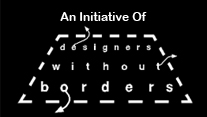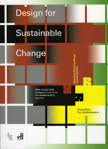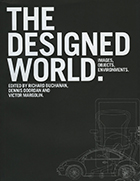Victor Margolin
New developments in technology are moving faster than our ability to understand their biological and social consequences. From the age of mechanical invention, we arrived at the digital domain and have now moved on to the realm of biotechnology. Faced with extraordinary technological capabilities, we struggle to delineate the boundaries between the human and the artificial so as to determine the limits of technological intervention. Is the cyborg only a science fiction trope or should we be thinking seriously about mechanizing and digitizing more parts of our human identity? Or, is nature a force that has already shown us technology’s limits? Because the human and the artificial are not clearly delineated, determining norms for the ethical use of technology is not easy although some progress has been made. We understand that replacing failing human organs and body parts with mechanical substitutes can enhance wellness. Soon we will know more about gene replacement and can only hope that such a practice, once operationalized, will be used within appropriate limits.

What is disconcerting about biotechnology is that it may affect human identity in ways that are unclear, notably in the realm of the psyche or the spirit. Whether or not God exists and, if so, how God is manifest within human consciousness is not a question that can be debated rationally. Rather, positions on the topic are taken on the basis of strong inner feelings. For those uncomfortable with the idea of God, nature is also acceptable if we recognize it as a realm whose ultimate boundaries and behavior have not been and cannot be determined by humans. Our negligent environmental policies, for example, have resulted in consequences that now border on the catastrophic. The only choice we have if we are to avoid self-destruction is to heed the laws of nature and adapt our behavior accordingly. If we knew more about the human psyche and how transcendent forces work within it, we would be obliged to respond in the same way. Because large numbers of people in the world feel strongly that some higher power exists, technologists who would strive to manipulate human behavior have had to go slowly. This is good. Even if we cannot say with ethical certainty what the limits of merging the human and the artificial are, we must certainly pay attention to the strong convictions of those who have hesitations about the very enterprise. We may never know more about those limits but we must nonetheless remain vigilant against overstepping boundaries that are at least believable by many. It is entirely reasonable to derive a provisional ethic from such powerful convictions, at least until we can assess with more certainty the consequences of our actions.
Victor Margolin is Professor Emeritus of Design History in the Department of Art History of the University of Illinois at Chicago, and a founding editor of DesignIssues.











Leave a Reply
You must be logged in to post a comment.